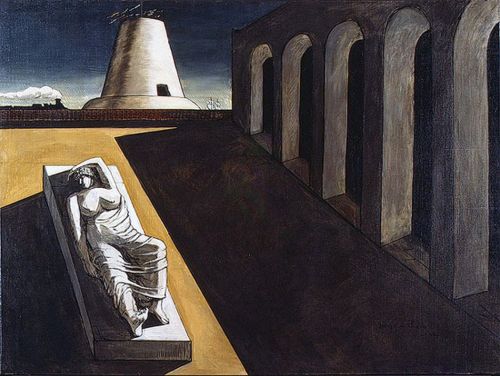Stathis Gotsis and Olga Sakali
For the excavation in Amphipolis have written and said many far. And certainly more will follow, καθώς η αρχαιολογική έρευνα θα προχωρά. However, the importance of finding and outcome of relevant scientific debate, looks like you have already formatted the conditions that will leave their mark in future archaeological site stuff.
The embrace of an ongoing excavation (particularly in its early stages) the Prime Minister is certainly novel, as well as the communicative noise that erupted thereafter. It was not however random phenomena. It is now apparent that the a priori connection of the monument to Alexander the great (or ... even with the circle of) tapped by the rulers as an excellent opportunity to exercise policy, both internal (at a time when some believe that the restoration of the national morale can overcome the social consequences of long-term policy mnimoniaki) external and against an opponent nationalism, even as diplomatic upgrade of paper the country's international image.
Regardless of the communicative benefits may temporarily confer in Government camp, the case of Amphipolis tends to establish a new model of excavation research and management of monuments. Firstly, the same finding virtually ' blackmailed ' to fulfill expectations (and prophecies) both as to the nature, dating and its content and the pace with which will "reveal the secrets and the resident's identity». Under these conditions, invoking the principles of conduct strikes as one about emmonikos and certainly outdated reason a scientific Guild. The proposed new model has been formed: preliminary assumptions are godsend trapping the very course of research, While the ' value ' of find is determined by its ability to connect with a narrated glorious national past, branded persons or impressive wealth. End, the excavations must proceed quickly or be adapted to times serving short-term pursuits.
The Government's interest in the case of Amphipolis just reinforces this new model excavational research and management of monuments, while attempting to obscure the politics exerted on monuments, as reflected in the effort lasting weakening of the archaeological service, both through institutional interventions as well as under-financing and ypostelechwsis of. It was the first Government Samara, Besides, He downplayed the 2012 the Ministry of culture to the General Secretariat of the Ministry of education, While the longer he culminated the Ministry planned to work, According to the new body of, by syrriknwmenes on 40% organizational units of.
In fact, of course, the obsolescence of the monumental wealth of the country which does not meet the requirements of the "model of Amphipolis ' is from years here: recorded in the abandonment of dozens of archaeological sites and monuments, the degradation of archaeological research, the way in which they managed even exceptional historical value findings (with best example the monumental set of Byzantine Thessaloniki that was revealed at the Metro station at Venizelou). Current developments auguring the consolidation of such a direction.
In the "model of Amphipolis», though, adopted, at the same time, and a new type of communication management, just to serve the objectives for which has already been mentioned. Triggered a wide-ranging public debate on the archaeological find, which is fed regularly with informational material from the communication organ of representation neokopo of excavation, but with statements by politicians. The objections of the Association of Greek Archaeologists and other, how the emerging situation poses dangers for the smooth and proper conduct of scientific excavation, contradicted by the seemingly plausible argument that this is an "open" excavation and that it is useful to have full public information. However, how "open", i.e. accessible really is an excavation through press releases that contain specific terminology; What is the procedure for becoming a partaker of a scientific process consuming incomprehensible information causing AWE and confusion; How much wiser becomes the non-initiated reader or viewer that rather "being driven through the overload of information», When the dictum of Umberto Eco;
In space, Moreover, public archaeology, the concepts of ' open ' excavation, «Open» museums and archaeological sites describe entirely different communicative actions, structured and targeted efforts of active public participation in interpretative recruitment procedures and understanding of past societies. In this area and experience already exists in our country.
The excavation of Amphipolis, Therefore, It is not "open". Not only because, as is reasonable, No one has physical access to it, beyond those directly involved, but because the communicative management did not contribute in any way nor the public acquaintance with the past and the residues of materials or, much more, familiarity with issues in methodology and interpretation.
If there is eventually a crucial question, It's not who is buried in the grave or when dating the find, But if the "model of Amphipolis ' will prevail in Greek archaeological fact. And this question does not only concern the specialists.
Stathis Gotsis is historian, President of Club Officials MINISTRY Single Attikis, Mainland and Islands and Olga Sakali President of the Association of Greek Archeologists.









